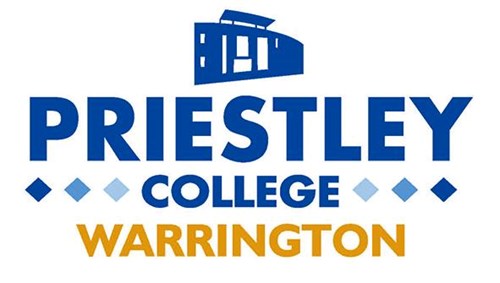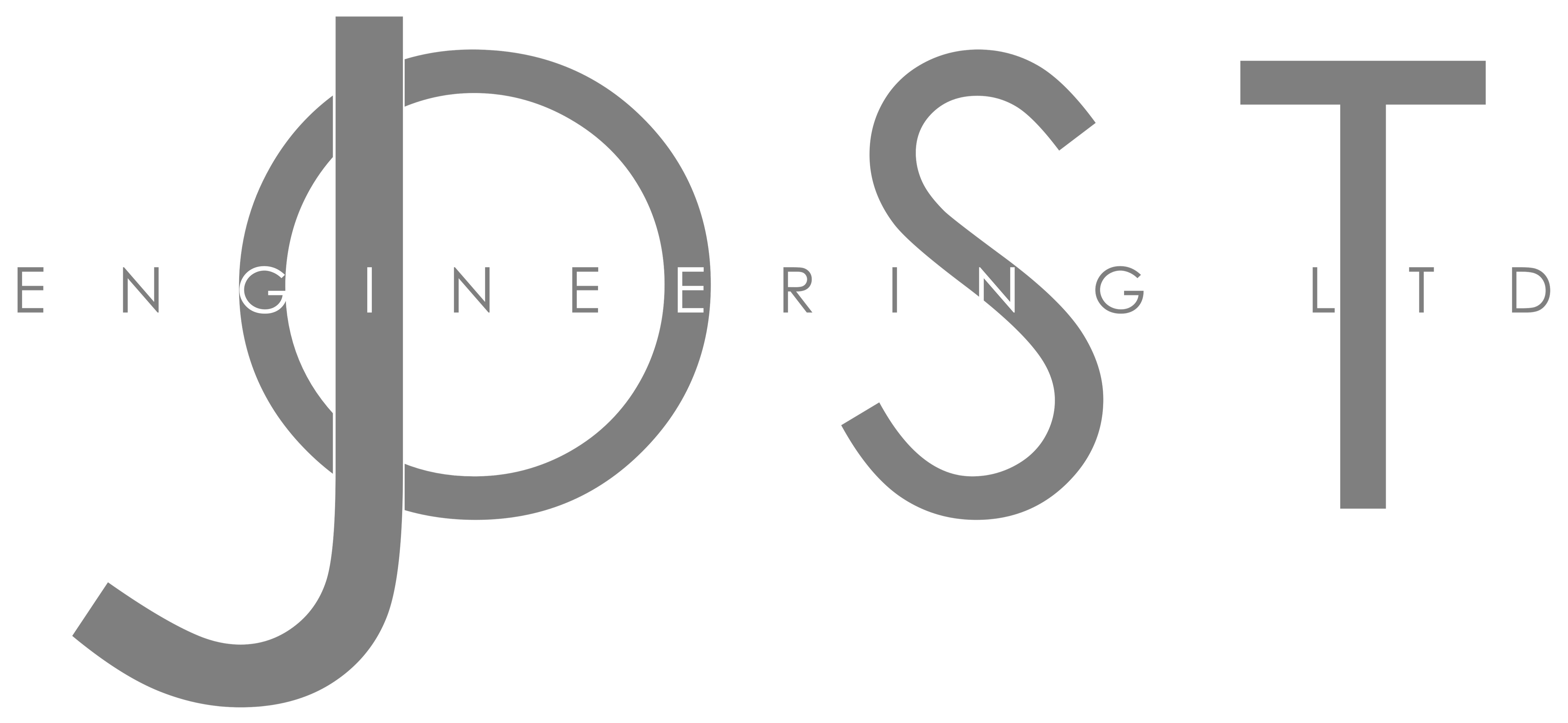Manufacturing and Advanced Engineering in Cheshire & Warrington
A sector with significant levels of employment in Cheshire and Warrington
Facts & Figures
3,500+ manufacturing businesses in Cheshire & Warrington
Source: Cheshire and Warrington LEP Consolidated Industrial Strategy Evidence Base, February 2019
45,000 jobs in the manufacturing industry
Source: Cheshire and Warrington LEP Consolidated Industrial Strategy Evidence Base, February 2019
7.7bn of GVA in Cheshire & Warrington
Source: Cheshire and Warrington LEP Consolidated Industrial Strategy Evidence Base, February 2019
The Manufacturing and Advanced Engineering Sector remains the cornerstone of the Cheshire and Warrington economy representing almost 25% of our economy by value and twice as productive as the UK as a whole. The area is home to a significant automotive cluster and 95% of UK car production lies within a 3 hour drive, presenting significant opportunities for the automotive supply chain.
There is diverse base of advanced manufacturing operations in Cheshire and Warrington including those serving aerospace, automotive, oil & gas, nuclear, wastewater and medical.
Today’s manufacturing jobs look a lot different than they did 20 years ago. Now, they’re increasingly high-tech. They blend engineering skills—like industrial design and quality control—with traditional manufacturing skills—like welding or machining.
Engineering combines mathematics and scientific principles to provide solutions to people, businesses, and society. Engineers are high level problem-solvers, looking at ways in which products or issues can be improved.
Examples of this can be building a bridge, designing and developing a product or building, creating a new way of producing energy or designing and building a car or plane.
Manufacturing is the specific type of engineering that refers to the creation of products, such as the can of pop you drink from, or the plastic piping used around the world.
Manufacturing engineering requires the ability to research and to develop tools, processes, machines and equipment; and to plan how to use them to make quality products.
Locally, Cheshire and Warrington have Bentley and Vauxhall as major motor manufacturers, along many world-class manufacturers such as Airbus, Siemens and AstraZeneca. Ringway Jacobs looks after all of Cheshire West's roads. And there are numerous food manufacturing companies making things like Cheshire cheese, bread and beefburgers. There is even a local company making lubricating oils for space satellites!
But there's also a good living to be earned from being an artisan craftsman if you are good with your hands: people still buy hand-made suits, shirts and furniture. Often this means being self-employed or working for very small companies.
Are you a naturally good fit for working in manufacturing?
Communication Skills To work with team members and clients from all backgrounds, as well as follow and deliver instructions
Skills source: https://www.goodwin.edu/enews/manufacturing-skills/
Problem solving skills To identify when certain processes are not working well and why. This includes the ability to ask questions and correct weaknesses
Skills source: https://www.goodwin.edu/enews/manufacturing-skills/
Analytical skills To figure out how systems work and how certain aspects of working conditions, operations, and environment may affect the outcome of projects
Skills source: https://www.goodwin.edu/enews/manufacturing-skills/
Computer application experience To effectively use computers that work with CAD/CAM technology, CNC machine tools, and computerized measuring machines
Skills source: https://www.goodwin.edu/enews/manufacturing-skills/
Mechanical and technical skills To safely operate specialized machinery such as drill presses and milling machines, as well as properly handle metalworking or other complicated processes
Skills source: https://www.goodwin.edu/enews/manufacturing-skills/
Manual dexterity and accuracy Is also essential for many manufacturing jobs involving hands-on production and accuracy
Skills source: https://www.goodwin.edu/enews/manufacturing-skills/
Career Opportunities
After serving apprenticeships or entering the workforce as a graduate, engineers can gain chartered status and allow them to progress their careers into project management, other leadership roles, or event owning their own business.
Entry-levels roles in manufacturing can lead to senior roles through continuous professional development and experience.
Routes In
There are three main routes into manufacturing and engineering:
- Direct employment in an entry-level job
- Apprenticeship route will result in a professional qualification
- Graduates can enter the workforce after attaining a relevant degree
Number of new employees needed: 124,000 new engineers nationally
Have you considered sharing your skills and knowledge by working in a further education college?
Further Education colleges offer a range of job opportunities and need more people with skills and knowledge to help them to train young people and adults so they can progress successfully into jobs. With opportunities on a full time or part time basis, a lecturer, assessor or demonstrator role could be the job you never knew you wanted until now! Use the buttons below to explore current opportunities in your areaLocal Manufacturing & Engineering Jobs (these are a selection of jobs - click on 'View more jobs' to see more)

These are some of the companies in Cheshire & Warrington operating in manufacturing
Local Manufacturing & Engineering Apprenticeships

Local Manufacturing & Engineering Courses

Explore Careers in Manufacturing and Engineering
- Engineering technicians
- Quality control and planning engineers
- Production managers and directors in manufacturing
- Mechanical engineers
- Building and civil engineer technicians
- Production and process engineers
- Research and Development managers
- Assemblers and routine operatives
- Routine inspectors and testers
- Metal working production and maintenance fitters
Your transferable skills
You likely have a lot of employable skills which could be transferred to a variety of new occupations across different industries.























